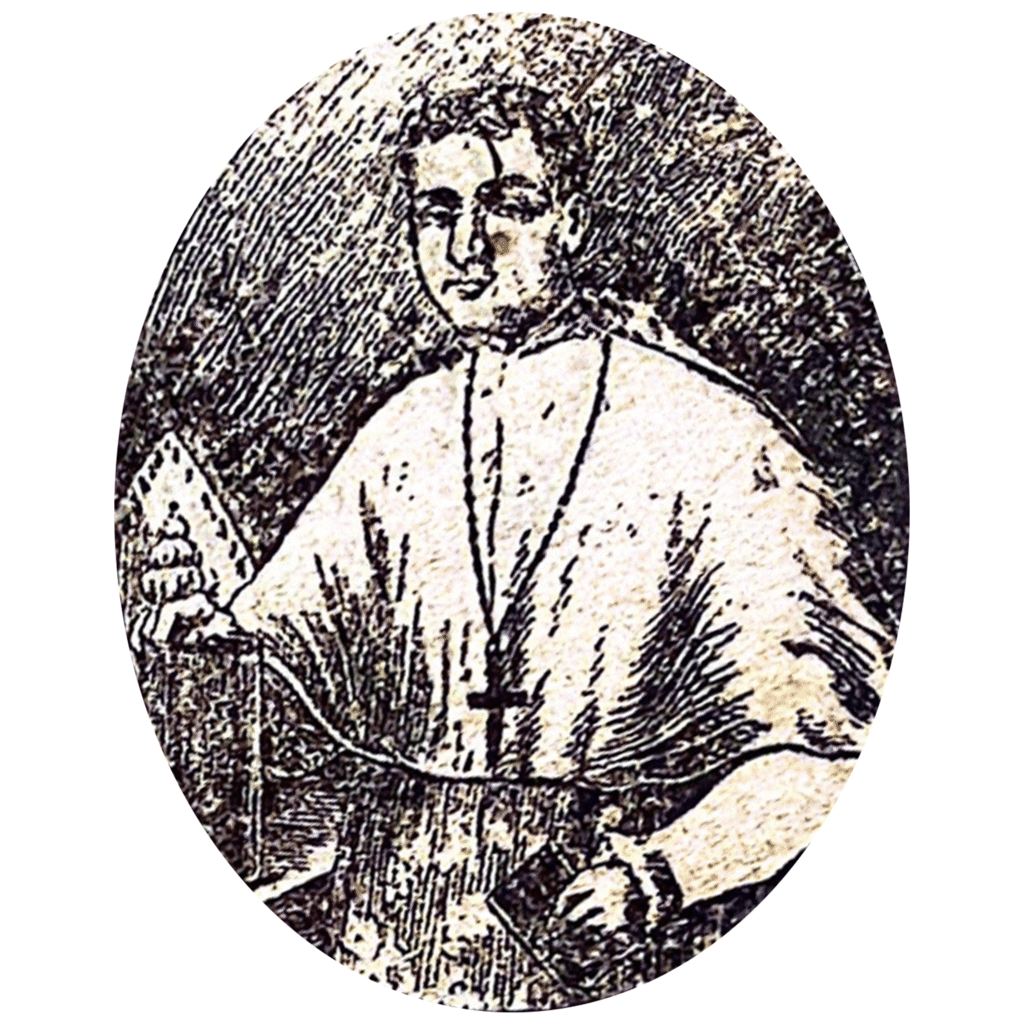He was born in Quito where his father served for 40 years as Oidor of the Audiencia, and then as President, Governor and Captain General of the Province. He became Dean ad interim of the Metropolitan Cathedral of Manila, and three times the Vicar General of the Archdiocese. He was designated subdelegate general of the Holy Cross in his ecclesiastical district and likewise executor of some ins-tructions from the Holy See as well as special commissioner of the Spanish Crown for some of its decrees.
Having received his appointment (1775) to the episcopal see of Cebu, he was consecrated bishop on November 24, 1776 by Archbishop Basilio Sancho de Santa Justa y Rufina of Manila. In 1784 he sent letter to the King of Spain in. forming him of changes of parish priests in the districts of Leyte, Maasin, ngos and of the transfer of Ayuy from the administration of secular priests to the Augustinians.
It was Bishop Mateo Joaquin Rubio de Arevalo who secured the property for the conciliar seminary of the diocese. The Jesuits having been expelled from the Philippines (1768), Bishop Mateo Rubio petitioned King Charles III for the legal bequest of the buildings and lands of the ancient College of San Ildefonso which had belonged to the Society of Jesus. The request was formally granted and executed in August 23, 1783. Called Royal Seminary of San Carlos, it was for a long time administered by a Rector from the secular clergy.
As early as January 1787 Bishop Arevalo in his letters already referred to the Diocese as sede vacante.

